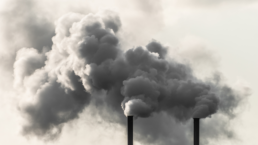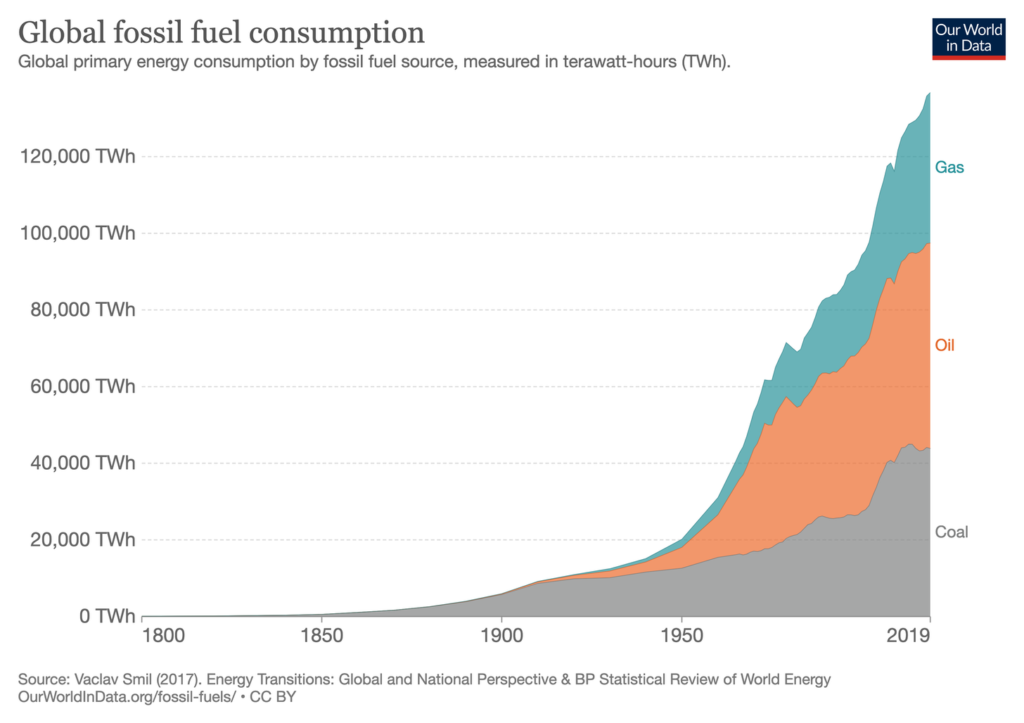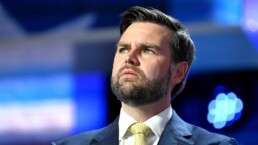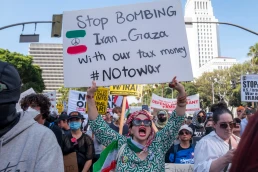What good is a market if you are unable to breathe?
By Matthew J. Haugen, Terrain
The free market is often portrayed as a mystical force of nature that acts as an optimizing engine of prosperity and innovation. But there is no such thing as a “free” market in the sense it is meant, untethered from human designs. Markets are political constructs, and capitalist markets require the state to bound, regulate, and enforce their parameters. The government sets fiscal and monetary policy and creates laws that dictate how the economy functions, determining what businesses can or cannot do and providing armed law enforcement to protect property. It also subsidizes certain industries, businesses, or activities. Every single aspect of what is produced in a market is contingent on these choices.

The people in power setting these parameters—politicians, CEOs, billionaires, oligarchs—understand this to some extent. They will talk out of both sides of their mouths about not allowing “red tape” to disrupt the wonders of the free market as they use policy to enrich and protect themselves and their favored industries. When it comes to energy, the world’s governments give hundreds of billions of dollars to the fossil fuel industry while indirectly subsidizing it by not meaningfully accounting for the massive social and ecological costs of greenhouse gas emissions and pollution of air, water, and land. Many US states are even passing preemption laws preventing cities from taking steps to restrict fossil fuel usage.
Renewable energy also receives (much smaller) subsidies, which is one reason why wind and solar are now cheaper than gas, and more renewable energy generating capacity is installed every day. Unfortunately, this nudged market progress, even when projected into the future, is woefully insufficient: fossil fuel usage is still increasing worldwide and emissions are at an all-time high.

Recent Posts
Is A Citizens United 2.0 Right Around The Corner?
July 15, 2025
Take Action Now Is it possible for American democracy to be further degraded by the influence of billionaires? Thanks to champion of the working…
U.S. Leaders Gave Up On Diplomacy With Iran. We Must Make Them Return To It.
July 15, 2025
Take Action Now Building an antiwar movement means preventing the systemic U.S. aggression that creates the conditions for war.By Hanieh Jodat,…
What To Do When You See ICE In Your Neighborhood
July 14, 2025
Take Action Now How can you deter the Trump administration’s immigrant deportation machine when it pops up in your community? Follow these…
ICE Campaign Of Violence Will Lead To More Deaths
July 14, 2025
Take Action Now Jaime Alanis’s death shows the horrific consequences of a secret police force behaving with utter impunity.By Natasha Lennard, The…




